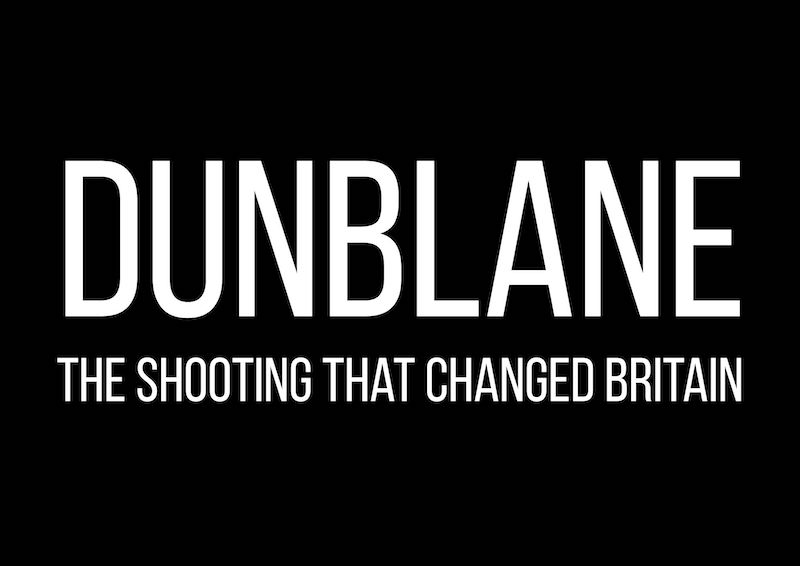On the 13th of March 1996, a lone gunman walked into a primary school in Dunblane, near Stirling, and shot dead 16 pupils and their teacher in a Primary 1 gym class.
To date, it is the deadliest firearms atrocity in the UK.
The BBC has commissioned a one hour documentary to mark the thirtieth anniversary of the Dunblane school shooting.
Dunblane The Shooting that Changed Britain will air on BBC Scotland, BBC Two and BBC iPlayer in 2026.
The film is produced by IWC Media and explores how a wave of public anger after the tragedy helped reshape the United Kingdom’s gun laws.
It traces the lesser known story of gun culture in the years before Dunblane and examines why decisions after the Hungerford shooting in 1987 set the stage for what followed nine years later.
The documentary focuses on the eighteen months after March 1996 when families and campaigners pressed for change.
The Snowdrop Campaign founded by Ann Pearston, Jacqueline Walsh and Rosemary Hunter and backed by many grieving parents including Mick North led calls for a total ban on handguns for private citizens.
Revealing material from government archives will illuminate the political struggle and the arguments made on both sides of the debate.
New testimony from those affected will sit alongside archive footage to capture the mood of a country in shock and the movement that followed.
Louise Thornton, Head of Commissioning at BBC Scotland, said the aim is to honour the courage of those who fought for reform.
“Scotland and the world was shocked by what happened in Dunblane nearly thirty years ago,” she said.
“Our film will shine a light on those who campaigned to change the law.”
Simon Young, the BBC’s Head of Commissioning for History, said the film centres on the pivotal months when grief became action.
“By focusing on the eighteen months that followed a terrible tragedy, this film shows how moments of despair can inspire profound social change,” he said.
Executive Producer Steve Condie said the story is both intimate and political.
“Dunblane is a moment of unfathomable horror but also of real historical significance,” he said.
“Our film will show how courage and emotion collided with the institutions of British power.”
Creative Director Mark Downie said he is grateful to those taking part and to Condie for returning to make the film.
He said the project seeks to tell a difficult story with care and depth.
Campaigners say the legacy of Dunblane is seen in some of the toughest firearms legislation in Europe and a public conversation about safety that continues today.
The working title reflects the film’s scope and may change before transmission.
Broadcast is planned for 2026 across BBC Scotland, BBC Two and BBC iPlayer.
Read more background in our explainer on how public campaigns shaped modern firearms law in Scotland.





